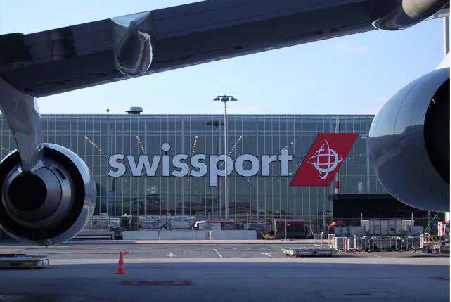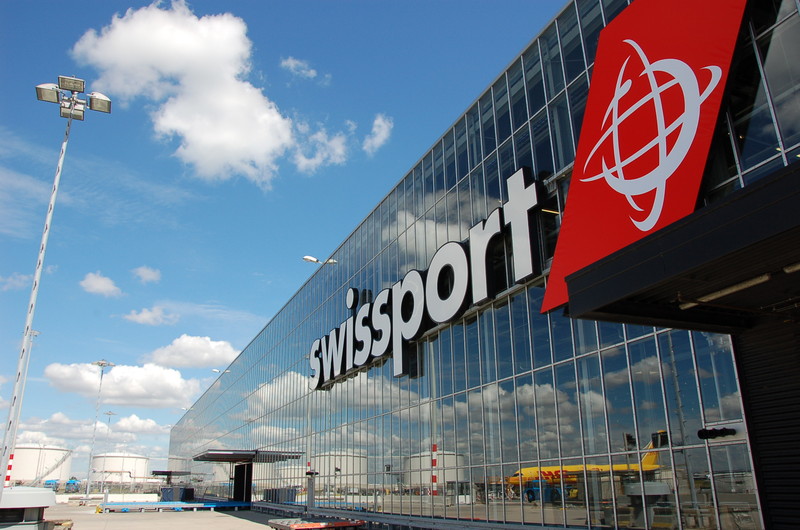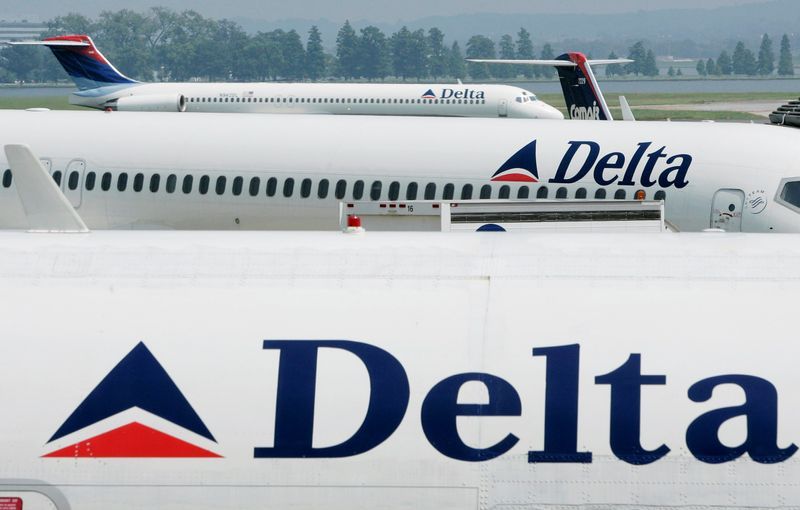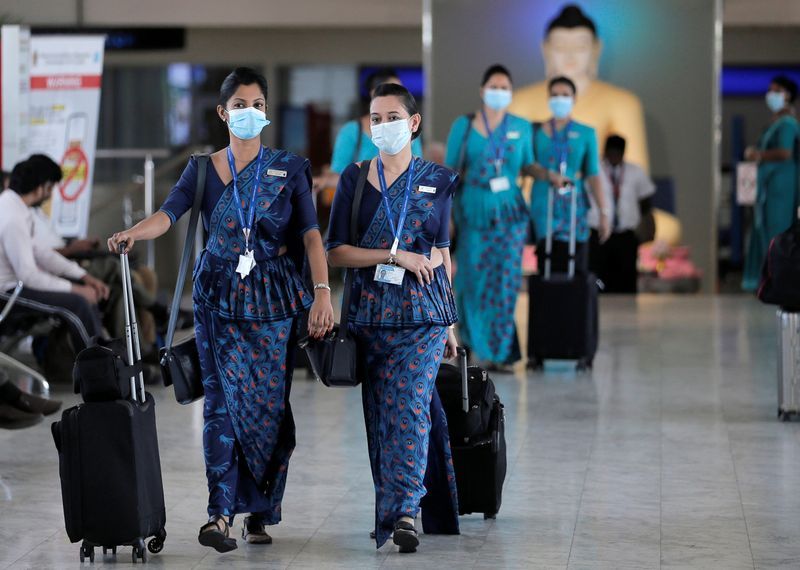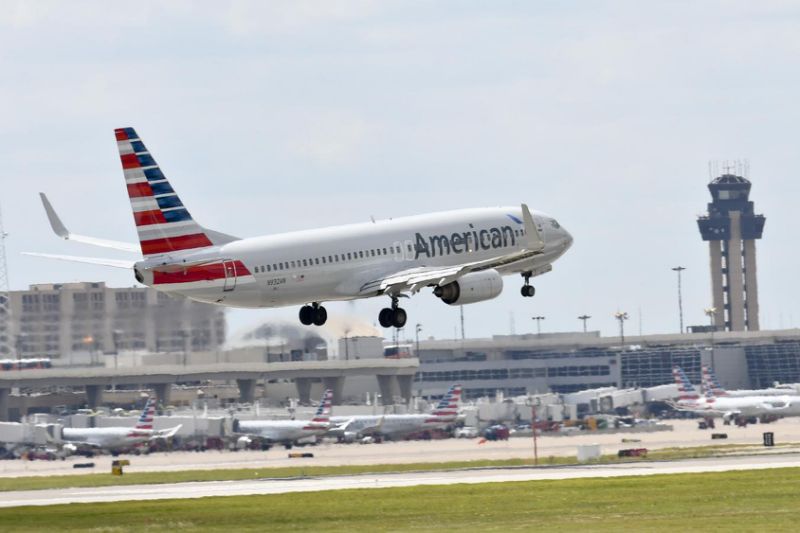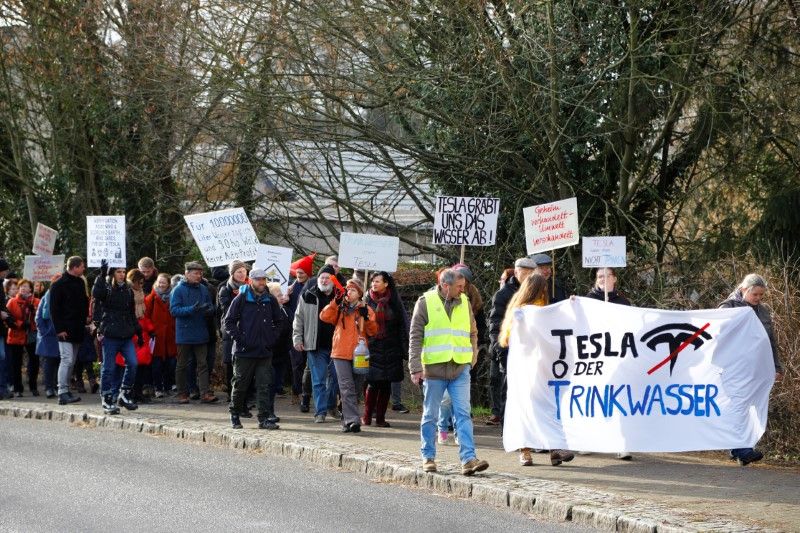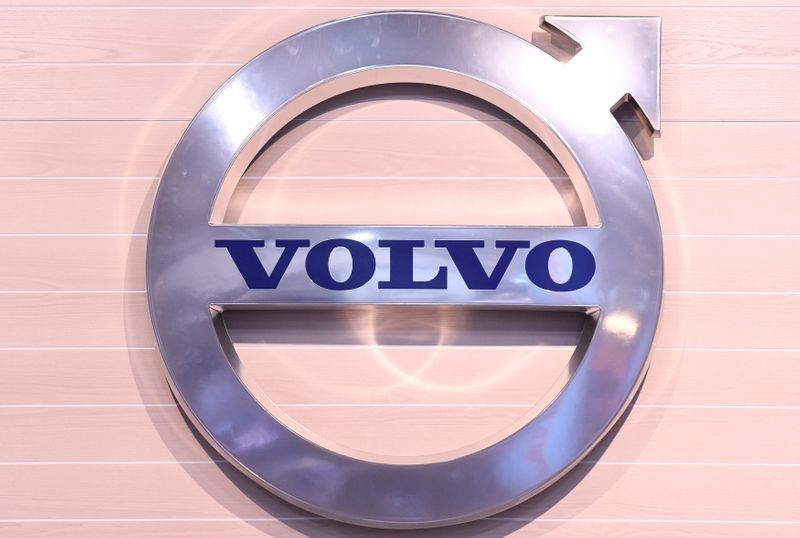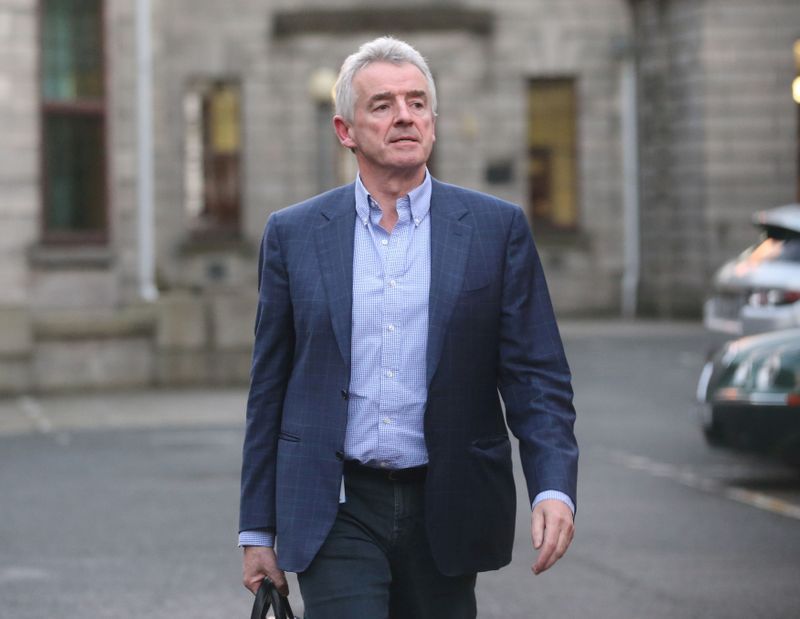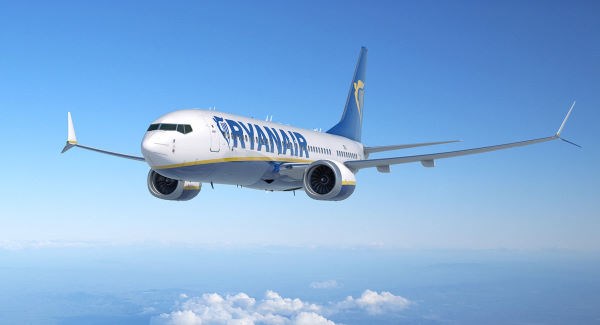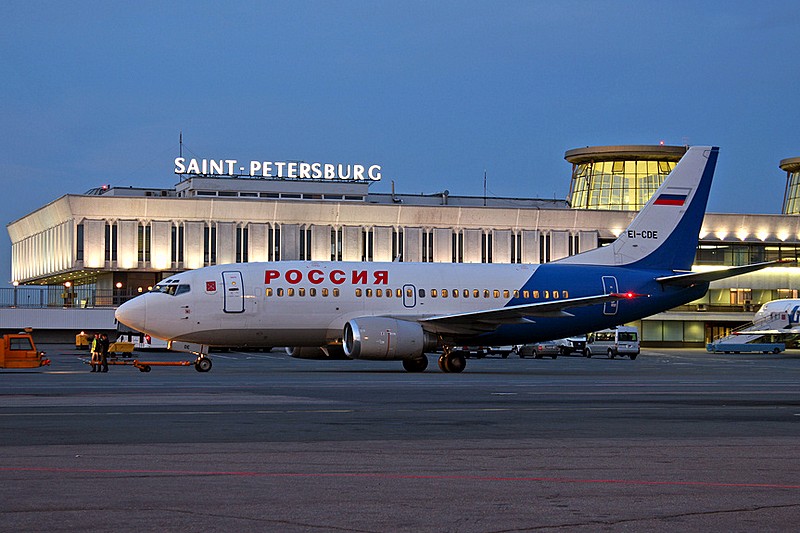- Expansion at Bombardier’s London Biggin Hill service centre will double the facility’s footprint to nearly 250,000 square feet
- Increased capacity will benefit more operators of Bombardier business aircraft, including the new Global 7500 jet
London Biggin Hill Airport, February 5, 2020 – Bombardier proudly announced today the expansion of its London Biggin Hill service centre with the construction of a new and larger facility nearing 250,000 square feet (approximately 23,225 square metres) to replace its existing hangars. Scheduled to be operational by mid-2022, the new service centre will provide customers in the region with extended maintenance support and reinforce Bombardier’s customer service experience in Europe.
The facility will provide the space and flexibility to offer a full range of maintenance and refurbishment services on Bombardier’s vast portfolio of products, and has the capacity to accommodate as many as 14 Global 7500 aircraft at the same time. The expansion will introduce sought-after capabilities and state-of-the-art installations, such as component painting and interior refurbishment capabilities, component repair and overhaul workshops and training rooms. The site will also ensure a quick response to its customers’ repair needs with the integration of a brand-new parts depot. Over the next several years, this significant expansion will bring the facility’s workforce to more than 250 employees and beyond to meet expanding demand.
“With the expansion of the London Biggin Hill service centre, Bombardier is taking another step in showing its unwavering commitment to providing customers with industry-leading services on a global scale, and the OEM expertise they rightfully deserve,” said Jean-Christophe Gallagher, Vice President and General Manager, Customer Experience, Bombardier Aviation. “Europe continues to be a strong market for business aviation, and we’re glad to show our commitment to our customers with this important investment in the region.”
Bombardier’s London Biggin Hill service centre was inaugurated in 2017 and offers tip-to-tail heavy maintenance capabilities on Learjet, Challenger and Global families of aircraft. The site is fully equipped to perform scheduled and unscheduled maintenance, modifications and avionics installations, and paint repair services. In 2019, the service centre added enhanced interior repair and refurbishment activities.
“The expansion of Bombardier’s service centre and the enhancement of its service and maintenance capabilities is a testament to the dynamism and attractiveness of the Biggin Hill Airport,” said Robert Walters, Commercial Director of London Biggin Hill Airport. “Bombardier has been a tremendous partner and, with this announcement, demonstrates its strong commitment to the continued growth of our world-class aviation hub.”
This expansion comes on the heels of numerous announcements in Bombardier’s vast support network, including the announcements of a new service centre at Miami-Opa Locka Executive Airport and of an expanded Singapore service centre, the recent addition of two U.S. line maintenance stations in Teterboro and Van Nuys, and the expansion of the Mobile Response Team (MRT) with a new Challenger 300 aircraft based in Munich, Germany.


